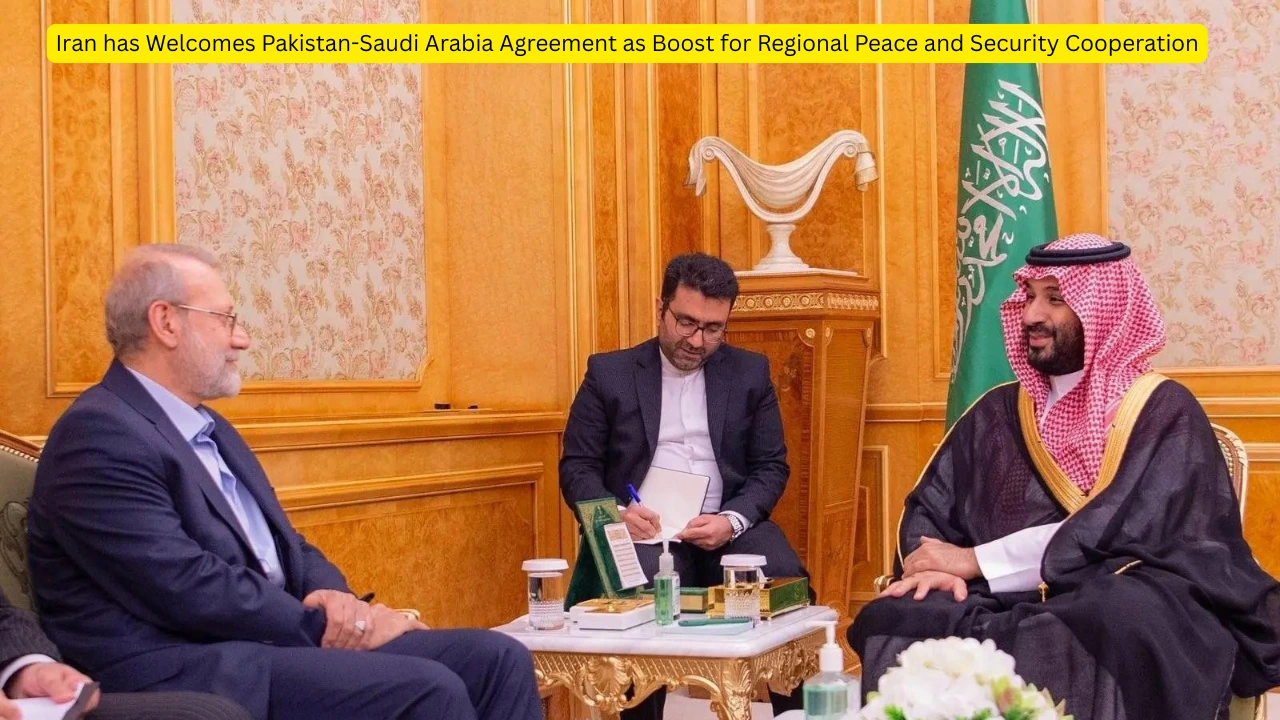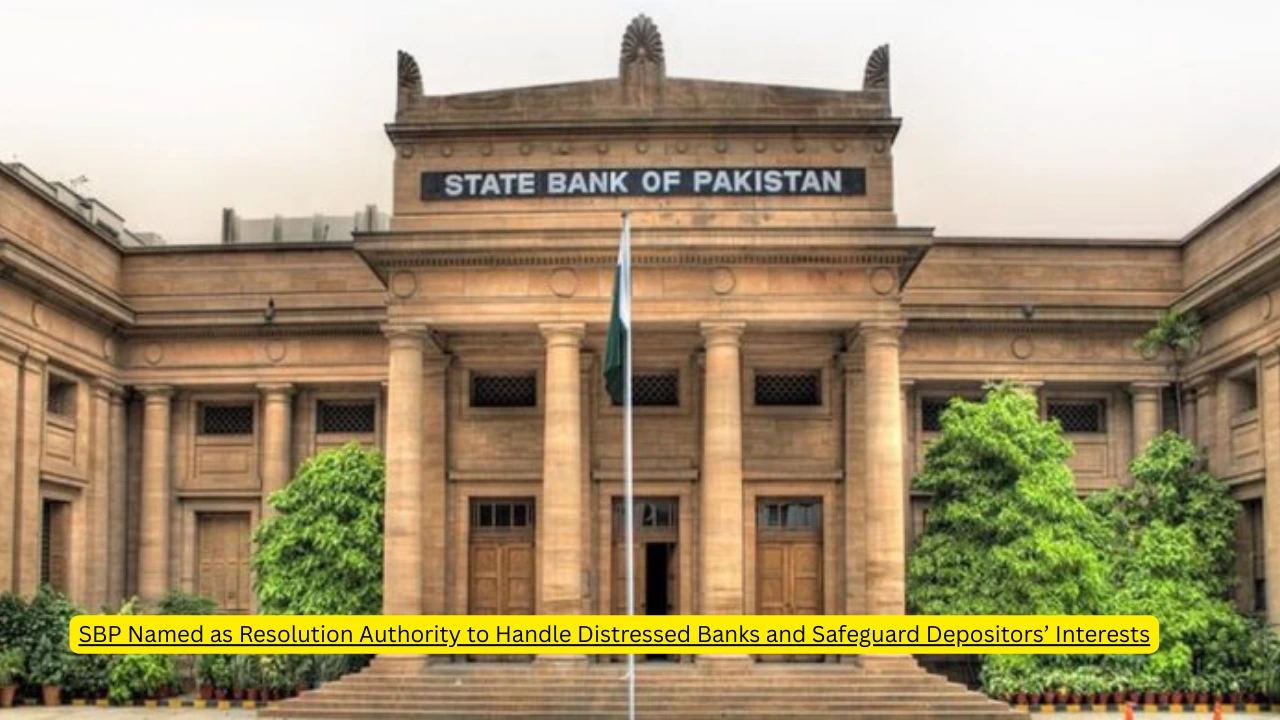Introduction
In a significant diplomatic development, Iran has welcomed the Pakistan-Saudi Arabia agreement, calling it a positive step towards strengthening regional peace and security cooperation. This pact marks an important moment for the Middle East and South Asia, as three influential nations in the region show alignment on stability and mutual cooperation. The announcement has sparked global interest, with analysts highlighting the potential impact on regional security, economic ties, and counter-terrorism strategies.
Background of the Pakistan-Saudi Arabia Agreement
The Pakistan-Saudi Arabia pact focuses on enhancing bilateral relations, deepening defense cooperation, and improving coordination on regional security. Both countries have historically shared strong religious, cultural, and economic ties. This agreement reaffirms their long-standing alliance and opens new doors for collaboration in areas such as:
- Counter-terrorism and defense
- Trade and investment
- Energy cooperation
- Infrastructure and technology exchange
Iran’s Response
Iran’s support for this agreement is a significant development. Historically, regional politics have often been marked by competition and rivalry. However, Tehran’s endorsement reflects a broader desire for stability. Iranian officials described the pact as a “step towards regional security and cooperation”, suggesting that Iran values improved relations among neighboring Muslim-majority countries.
This reaction also aligns with Iran’s recent diplomatic efforts, including its rapprochement with Saudi Arabia brokered by China in 2023. With Pakistan acting as another key regional partner, the triangle of cooperation could help reduce tensions and foster collaboration.
Impact on Regional Security
The Pakistan-Saudi Arabia agreement could reshape regional dynamics in several ways:
- Counter-Terrorism: Enhanced intelligence sharing and joint counter-terrorism measures may improve security across South Asia and the Middle East.
- Defense Cooperation: Joint military exercises, training, and defense technology sharing could strengthen the defense capabilities of both countries.
- Border Stability: With Afghanistan’s security situation still fragile, Pakistan’s role becomes even more crucial, and Saudi support may add weight to peace efforts.
Iran’s endorsement suggests that the pact could reduce misunderstandings and promote collective security in the wider region.
Economic and Trade Implications
Beyond defense, the agreement could also strengthen economic ties. Saudi Arabia has been investing in Pakistan’s energy and infrastructure sectors, while Pakistan provides manpower and technical expertise to the Gulf state. The pact is likely to:
- Boost foreign direct investment (FDI) in Pakistan
- Support Saudi Vision 2030 projects with Pakistani labor and expertise
- Expand trade in agriculture, textiles, and technology
Iran sees these developments as beneficial because improved economic stability in neighboring countries often contributes to a stronger regional economy overall.
Global and Strategic Importance
The Pakistan-Saudi Arabia agreement holds strategic importance not just for the Muslim world but also for global players. The United States, China, and Russia closely monitor such developments due to their implications for global energy markets, counter-terrorism strategies, and regional alliances. With Iran’s positive reaction, the pact could also strengthen broader diplomatic networks.
Future Prospects
If successfully implemented, the agreement could pave the way for:
- A regional security framework involving Pakistan, Saudi Arabia, and Iran
- Greater collaboration in renewable energy and clean technology
- Enhanced people-to-people connections through cultural exchanges
However, challenges remain, including political instability, economic pressures, and external interference. The success of the pact depends on consistent commitment from all stakeholders.
Conclusion
The Iranian endorsement of the Pakistan-Saudi Arabia agreement signals a hopeful step toward regional peace and security cooperation. By supporting this initiative, Iran has shown readiness for collaborative diplomacy in the Muslim world. The pact not only strengthens bilateral relations between Pakistan and Saudi Arabia but also has the potential to reshape regional security, boost economic growth, and promote long-term stability. For lasting impact, all parties must continue dialogue, respect sovereignty, and focus on collective progress.Read more about “Floods Threaten Pakistan’s Economic Growth in 2025“


